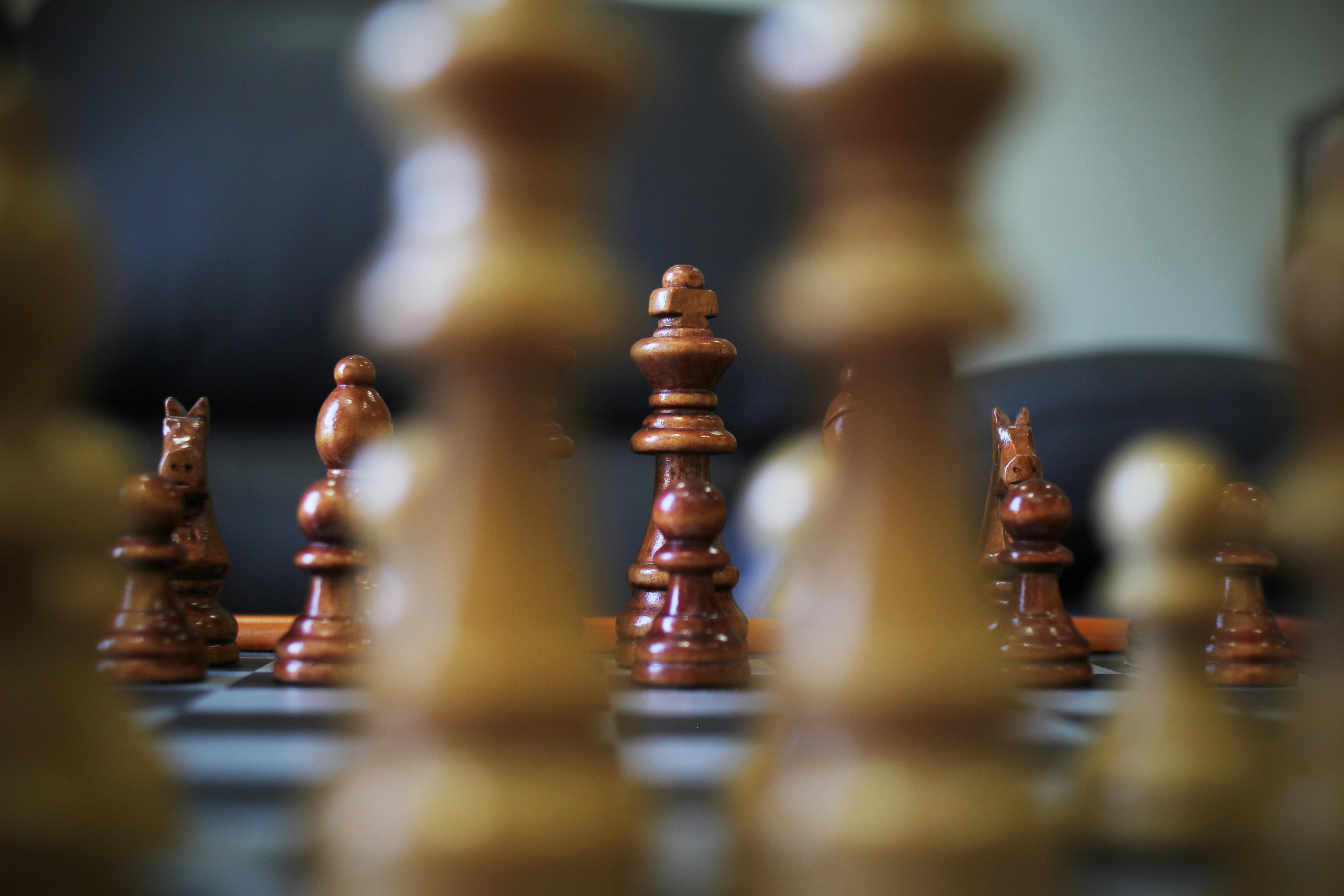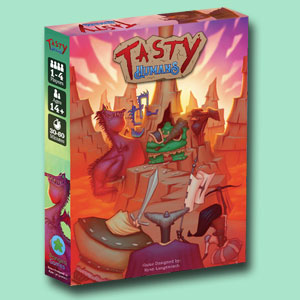Gaming is a mysterious hobby, isn’t it? In a world of so many opportunities (and distractions), what draws us to the gaming table week after week? To tell you the truth, I don’t really know! I have, however, gazed at my navel for long enough to come up with some fun theories.
Looking for more resources to help you on your board game design journey?
Here you go: no email required!
Like this writing style?
Check out my latest blog on marketing here.
Games are Social
It’s become a cliché to talk about the widespread proliferation of telecommunications and how it’s simultaneously brought society closer and driven a wedge between us and our neighbors. In a world where video games have been around for well over thirty years and virtual reality is very close to becoming actual, affordable reality, the revival of the board game industry seems to have come out of nowhere. Perhaps board games are popular because they’re one of the last vestiges of uninterrupted meatspace socialization. Board games inhabit a world where endless texting is the worst faux pas. In-person, dedicated social interaction is powerful enough to thrust an industry once marred by endless Monopoly clones into a renaissance until it emerges as a billion-plus dollar juggernaut.

They’re Meritocratic
Life is unfair. Sometimes it’s cripplingly, depressingly unfair. A well-designed game that’s built to last, however, isn’t. In fact, the idea of making a game that’s more than a little unfair gets relegated into one of three categories: “push-your-luck”*, “unbalanced”, or “outright broken”. You take out all the “unfair” games, and what’s left over is a slew of games where “if my strategy is clever and I stay focused and work hard, by gosh, I’m certain to win, or at least get close!” Isn’t that immensely satisfying?
*I’ll admit this genre of games has its charms, but I can’t think of any PYL games that I want to play after five games.
A Game is a Microcosm of Life
This is my favorite theory on why games are enjoyable. From birth on, we as humans are programmed to identify objectives and conquer the obstacles that get in our way. Our ancestors ran five miles to capture their food. Today we strive for more abstract goals like a better career or a better relationship. These are laudable goals, but perhaps we crave the unambiguity of primal goals – the life or death goals. Games let us chase concrete goals with clear obstacles, rules, and conditions in a risk-free environment. In a way, they let us live miniature lives in the same way that books or movies do.

What do you think? Why do we play games?





2 thoughts on “Why do we play games?”